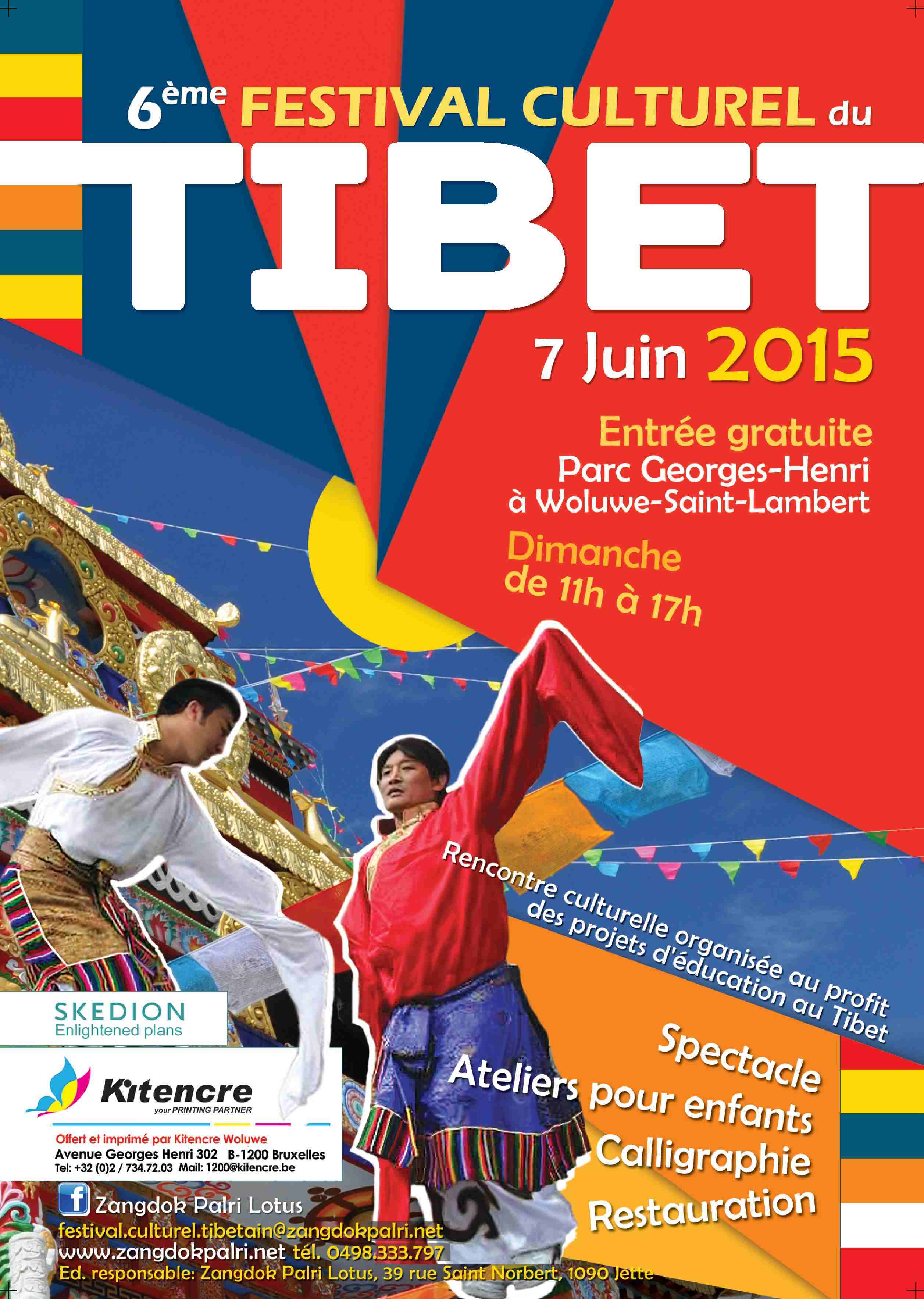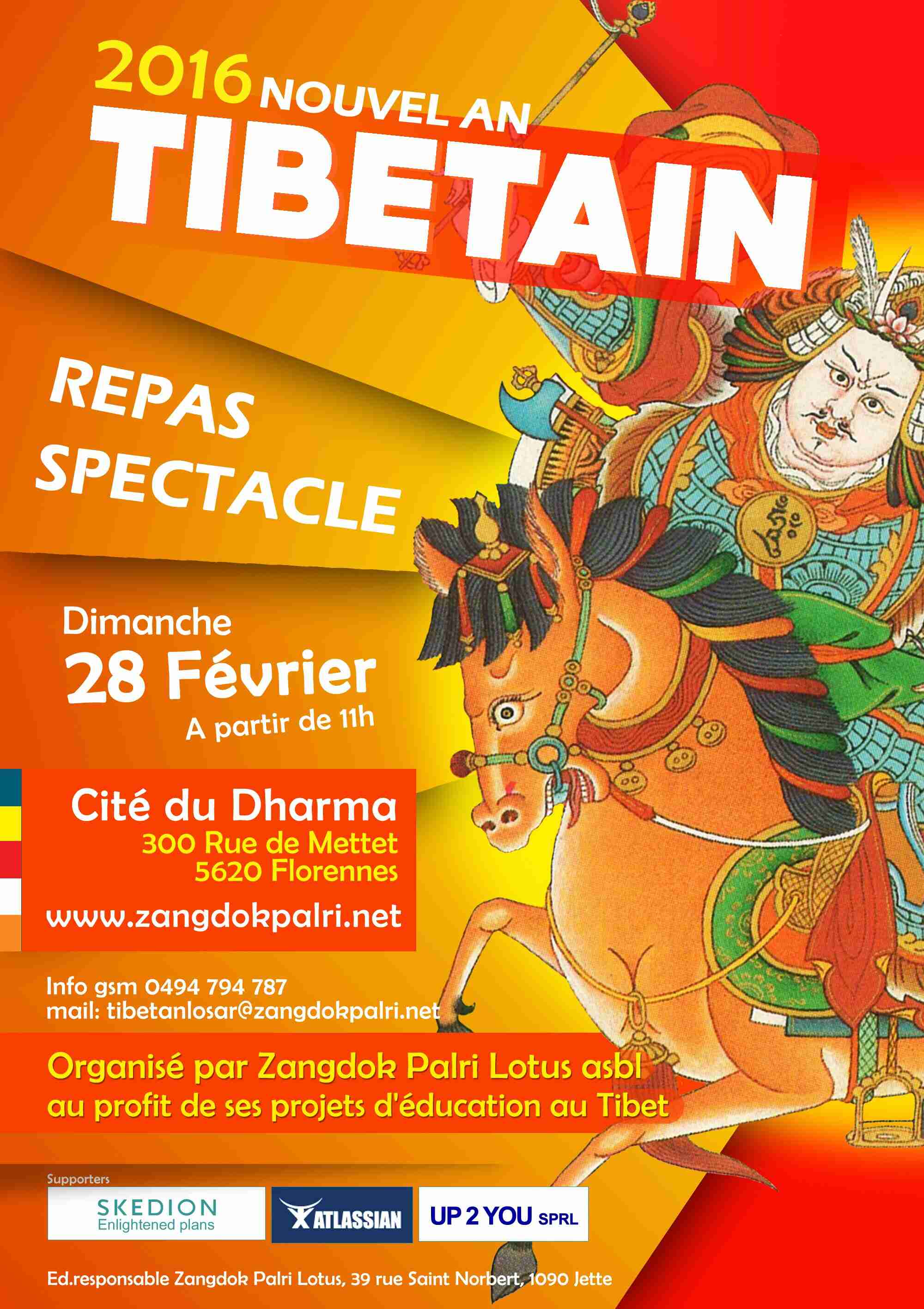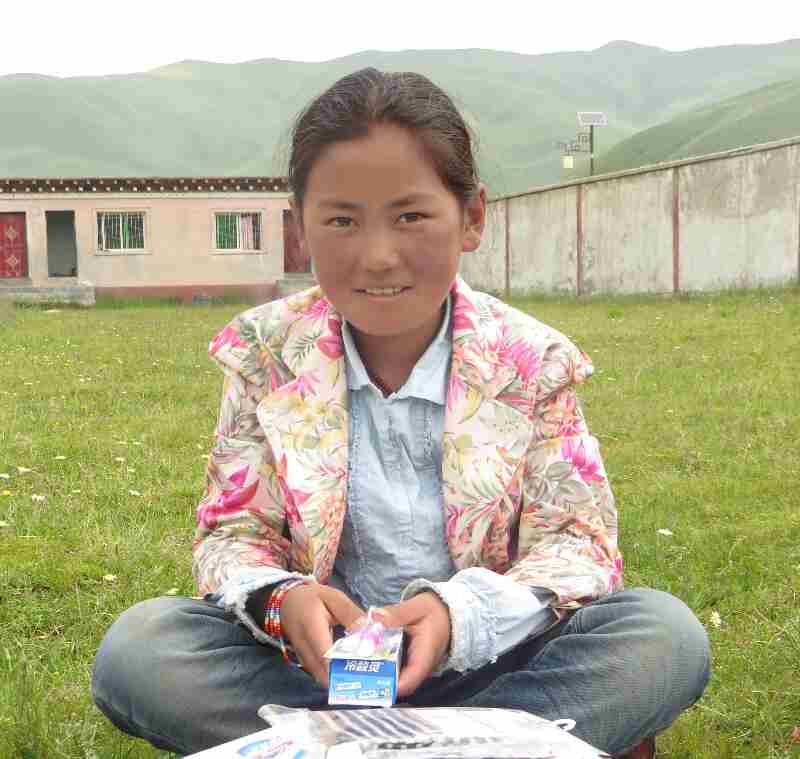10ème FESTIVAL CULTUREL DU TIBET
Du 14 au 24 septembre 2019
Dharma City (Florennes)
Entrée gratuite
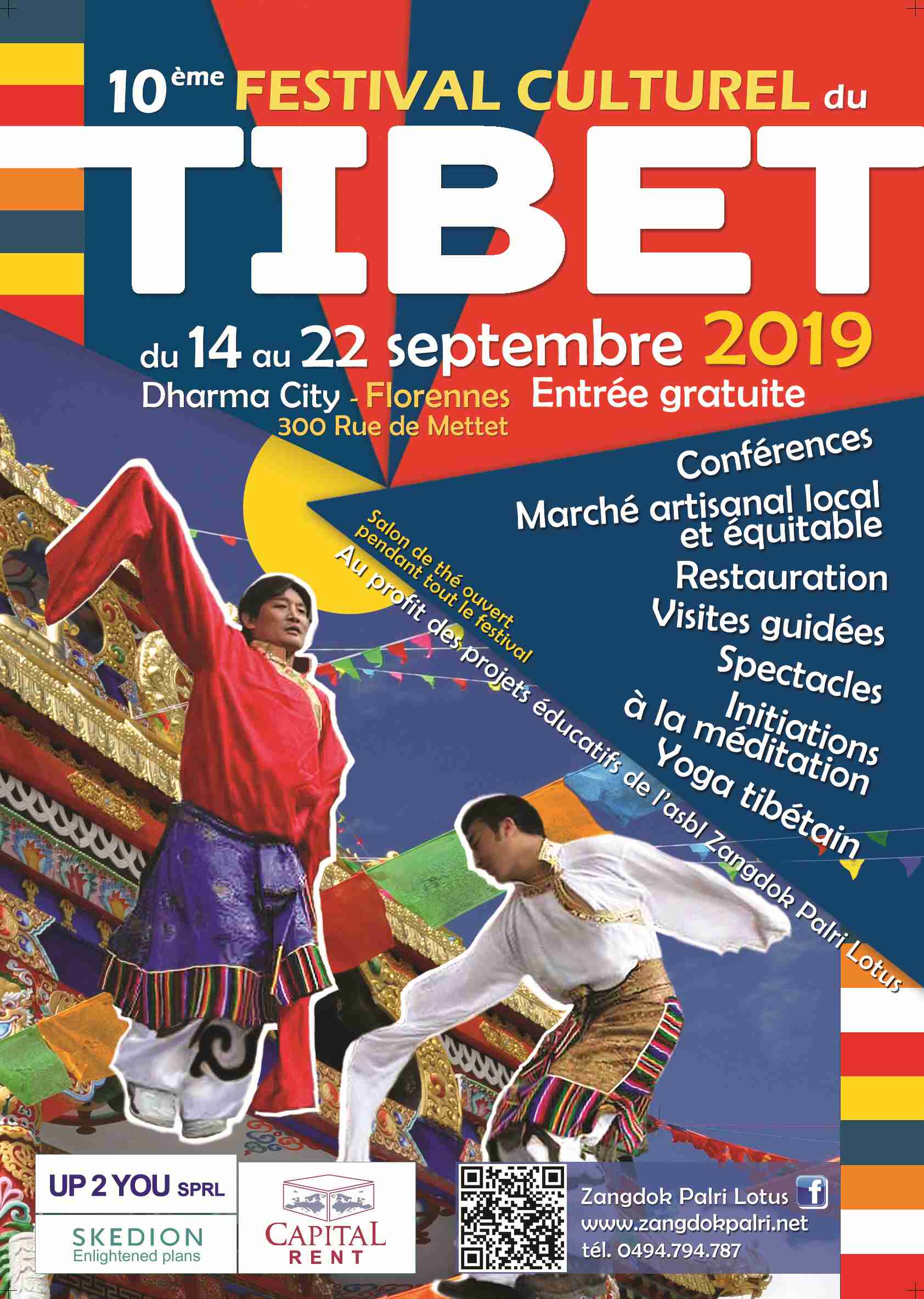
Bienvenus au Festival Culturel du Tibet 2019! Pour la 10ème fois consécutive, l’asbl Zangdok Palri Lotus aura le plaisir d’accueillir petits et grands dans le cadre magnifique de Dharma City pour des journées exceptionnelles de rencontres et de découvertes.
Le bénéfice est destiné à ses projets éducatifs et culturels menés au Tibet et au profit des enfants tibétains.
Laissez-vous fasciner par des contes tibétains racontés sous tente… Faites connaissance avec les racines culturelles et les traditions du Tibet à travers des conférences, des chants et des danses, et initiez-vous au yoga tibétain réputé pour ses bienfaits… Savourez des spécialités culinaires tibétaines… Prenez le thé sous une tente de nomades… Explorez le marché d’artisanat local et équitable…
Et beaucoup plus encore !
Pour votre agenda, voici déjà les points d’orgue du Festival:
- Samedi 14/09 à 11h : Discours de bienvenue par Patrul Rinpoche, enseignant bouddhiste tibétain et fondateur de Dharma City.
- Week-end du 14 et 15/09 : Marché artisanal local et équitable, restauration avec spécialités tibétaines, animations pour les enfants, contes tibétains sous la tente, initiation au yoga.
Samedi : visite guidée du temple, confection et dégustation de momos (raviolis tibétains) sur inscription.
Dimanche : danses traditionnelles par les enfants tibétains…
- Du lundi 16/09 au vendredi 20/09 : la boutique d’artisanat est ouverte dès 9h30 au salon de thé ; chaque soirée une découverte, yoga, momos, concert…
Les mardi 17 et jeudi 19, visite guidée du temple suivie à 19h d’une conférence sur le bouddhisme tibétain : “les bienfaits de la méditaion” et “La transmission du Bouddha” par les enseignants de Dharma City.
- Week-end du 21 et 22/09 : stands d’artisanat équitable et restauration avec spécialités tibétaines, animations pour les enfants.
Samedi : contes tibétains sous la tente, confection et dégustation de momos (inscription), découverte du Qi Gong, visite guidée du temple.
Dimanche : découverte de la méditation, présentation de la calligraphie tibétaine, concerts de musiques du monde.
Le programme détaillé peut être téléchargé programme détaillé du festival
Venez nous retrouver pour cet événement haut en couleurs qui veut contribuer à la préservation de la culture tibétaine plusieurs fois millénaire.
Les bénéfices du Festival sont destinés aux projets éducatifs menés au Tibet et en Belgique par l’association Zangdok Palri Lotus et à la préservation de la culture tibétaine (Institut Zangdok Palri).
L’entrée est libre et gratuite.
Du Samedi 14 au dimanche 22 septembre 2019
à Dharma City
300, rue de Mettet, 5620 Florennes
Contact:
- Informations complémentaires sur www.zangdokpalri.net et sur notre page Facebook : ZangdokPalriLotus
- Tél : 0494 79 47 87 & 0496 80 45 98
Organisé par Zangdok Palri Lotus asbl
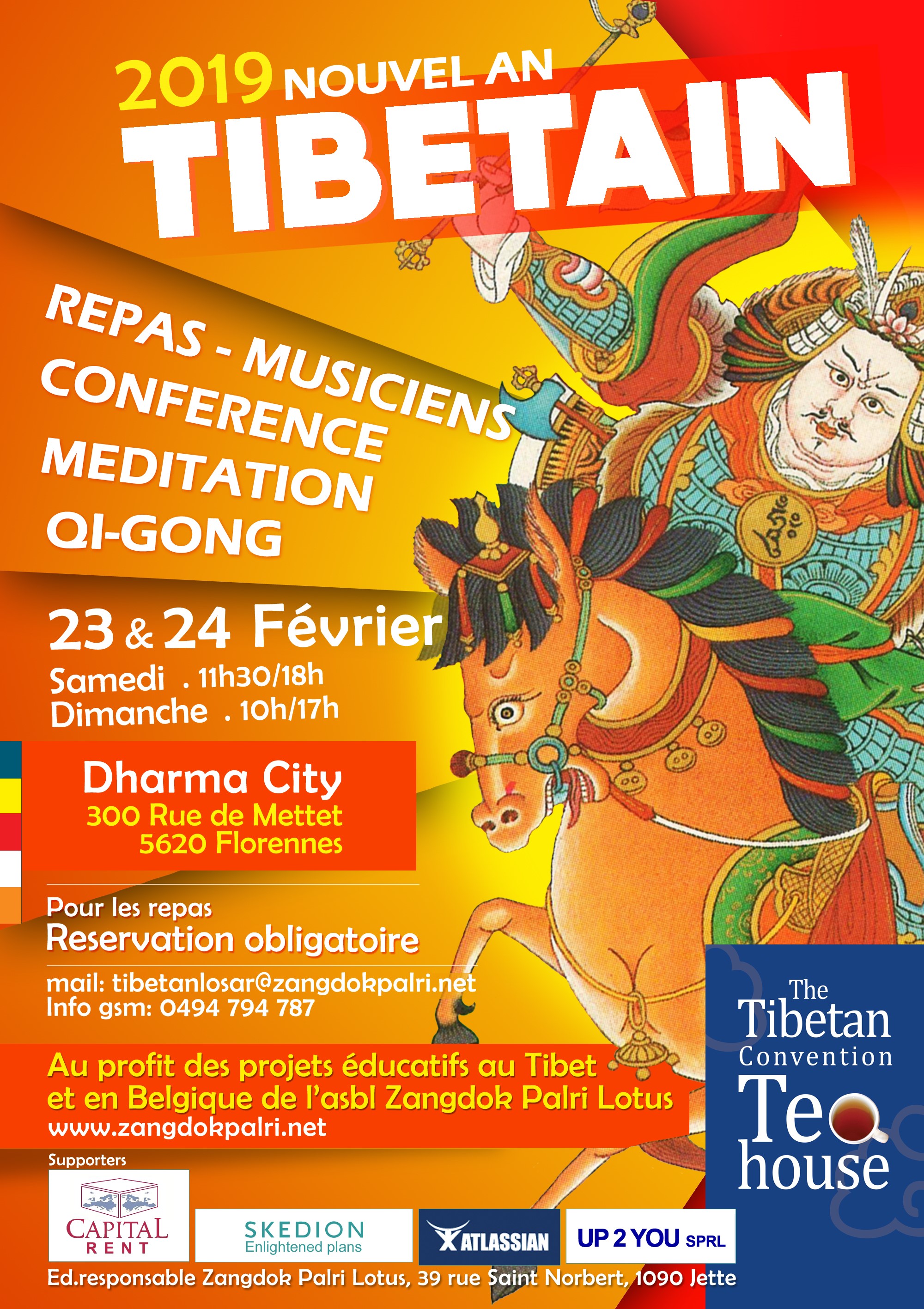
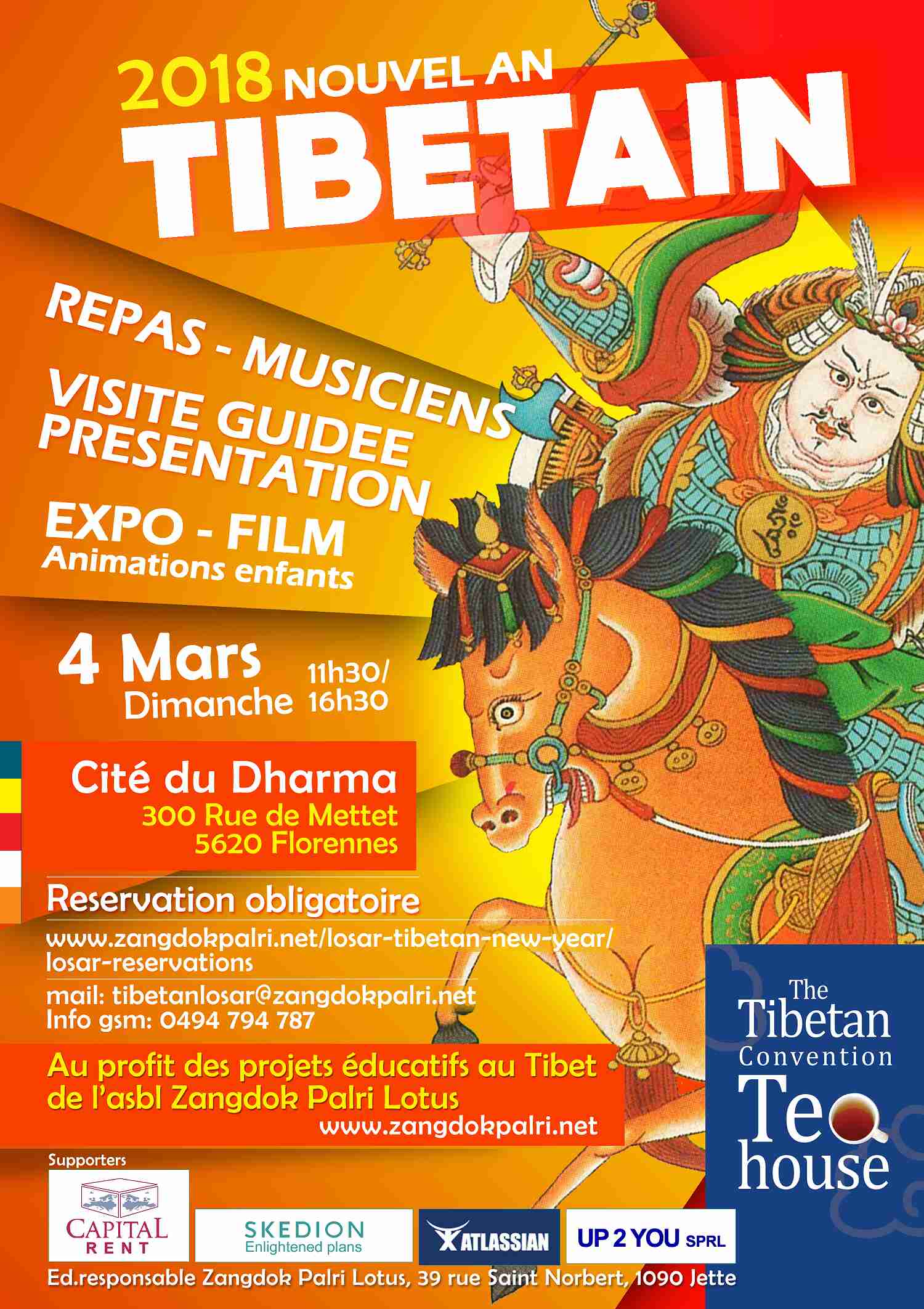 En ce mois de février, les Tibétains s’apprêtent à entrer dans l’année 2145 qui sera l’année du Chien de Terre. C’est avec une très grande joie que l’asbl Zangdok Palri Lotus vous convie à la célébration de cet événement festif, en présence de Patrul Rinpoche et des Lopöns Tsering Gönpo et Jampa Norgyal.
En ce mois de février, les Tibétains s’apprêtent à entrer dans l’année 2145 qui sera l’année du Chien de Terre. C’est avec une très grande joie que l’asbl Zangdok Palri Lotus vous convie à la célébration de cet événement festif, en présence de Patrul Rinpoche et des Lopöns Tsering Gönpo et Jampa Norgyal.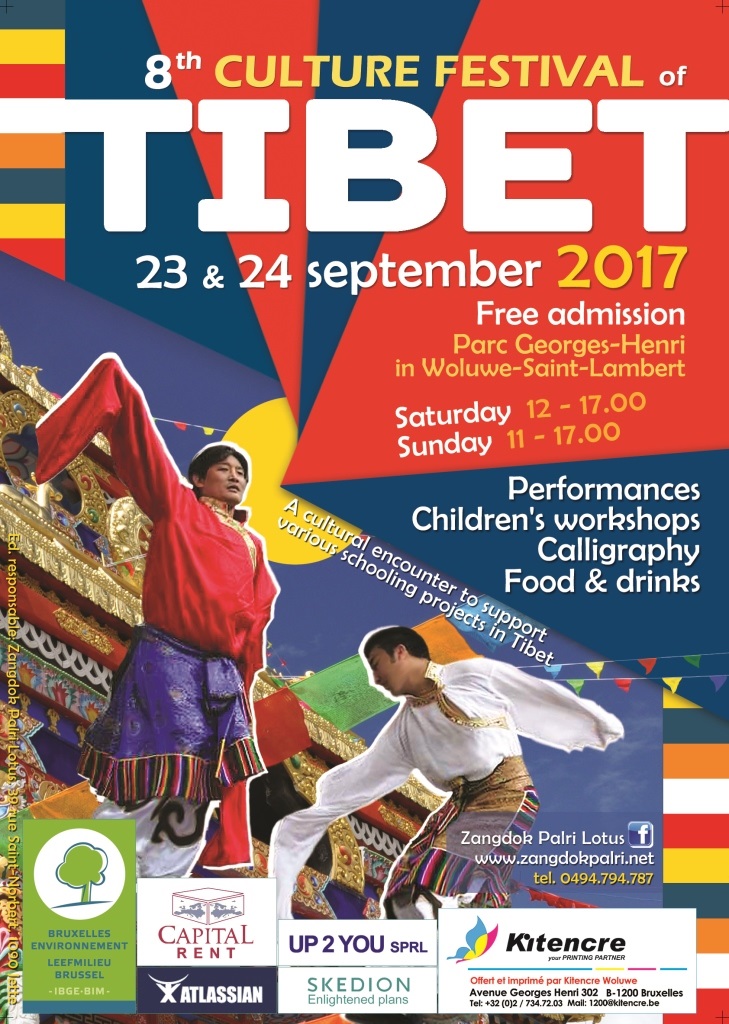

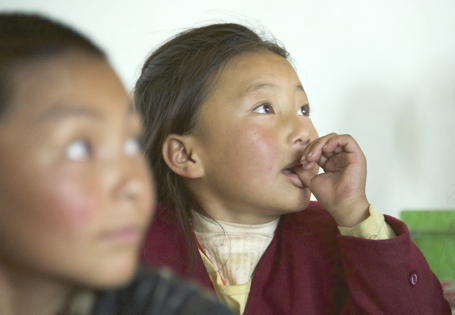
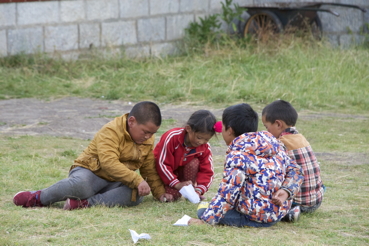
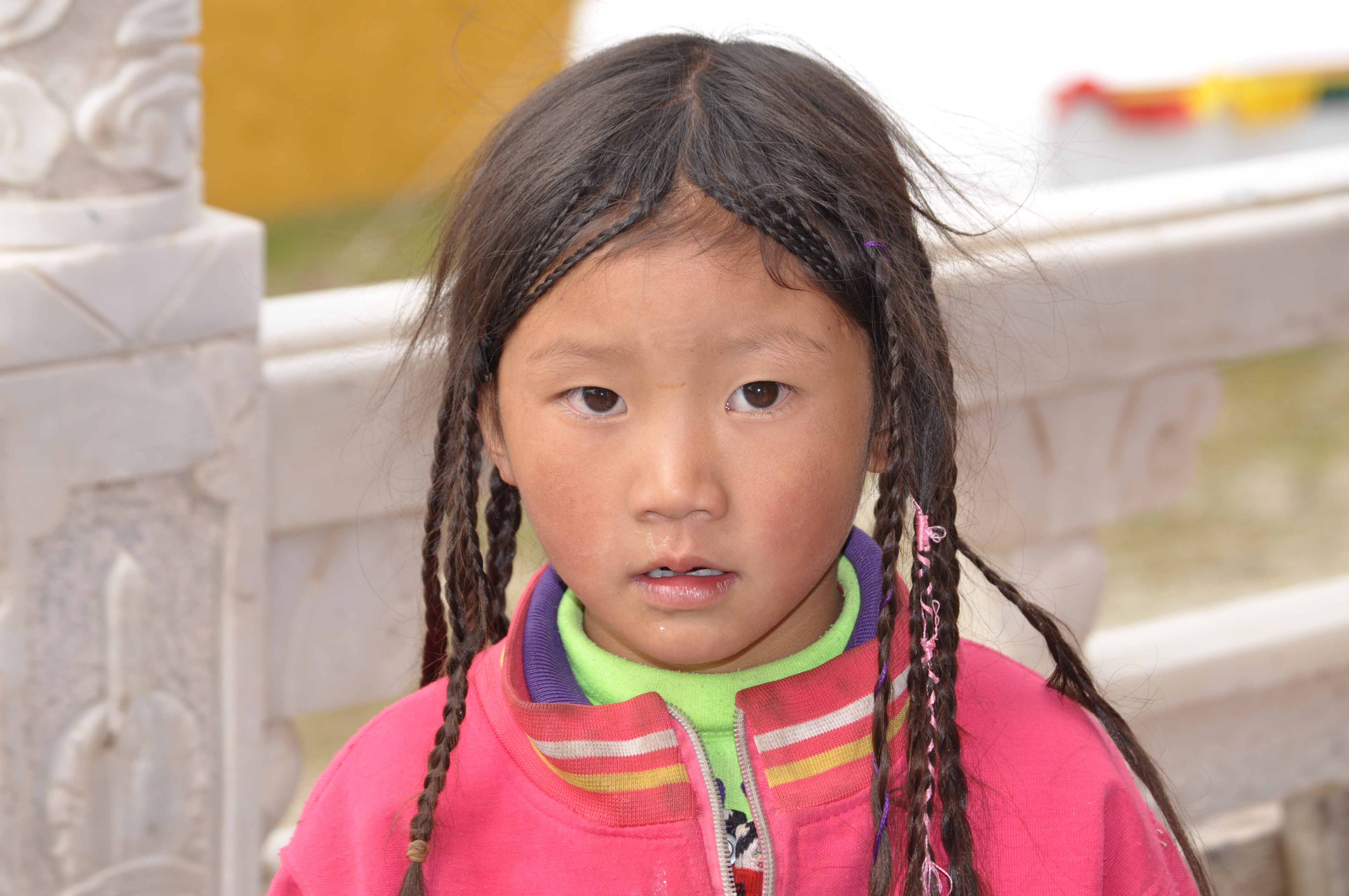
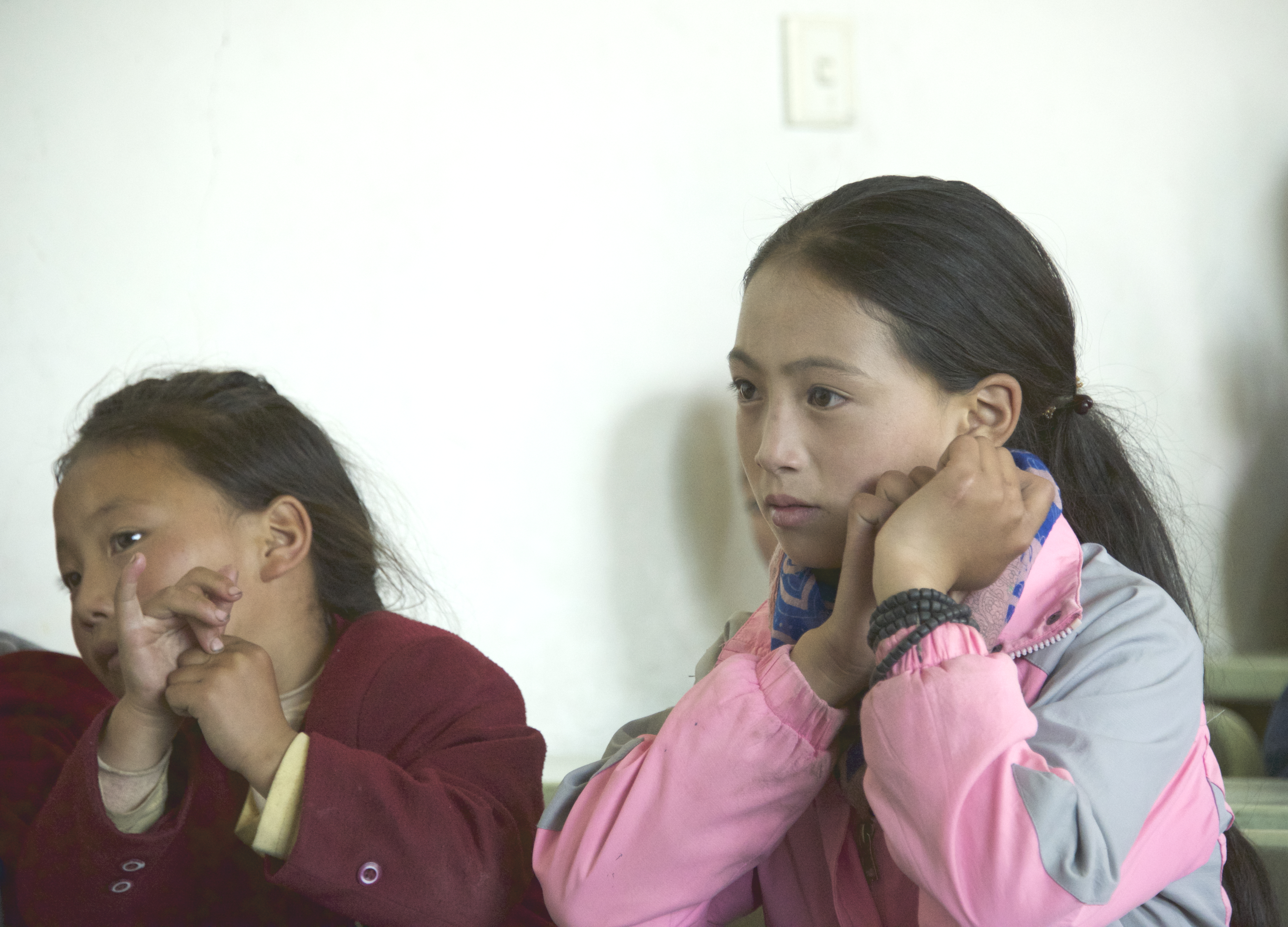
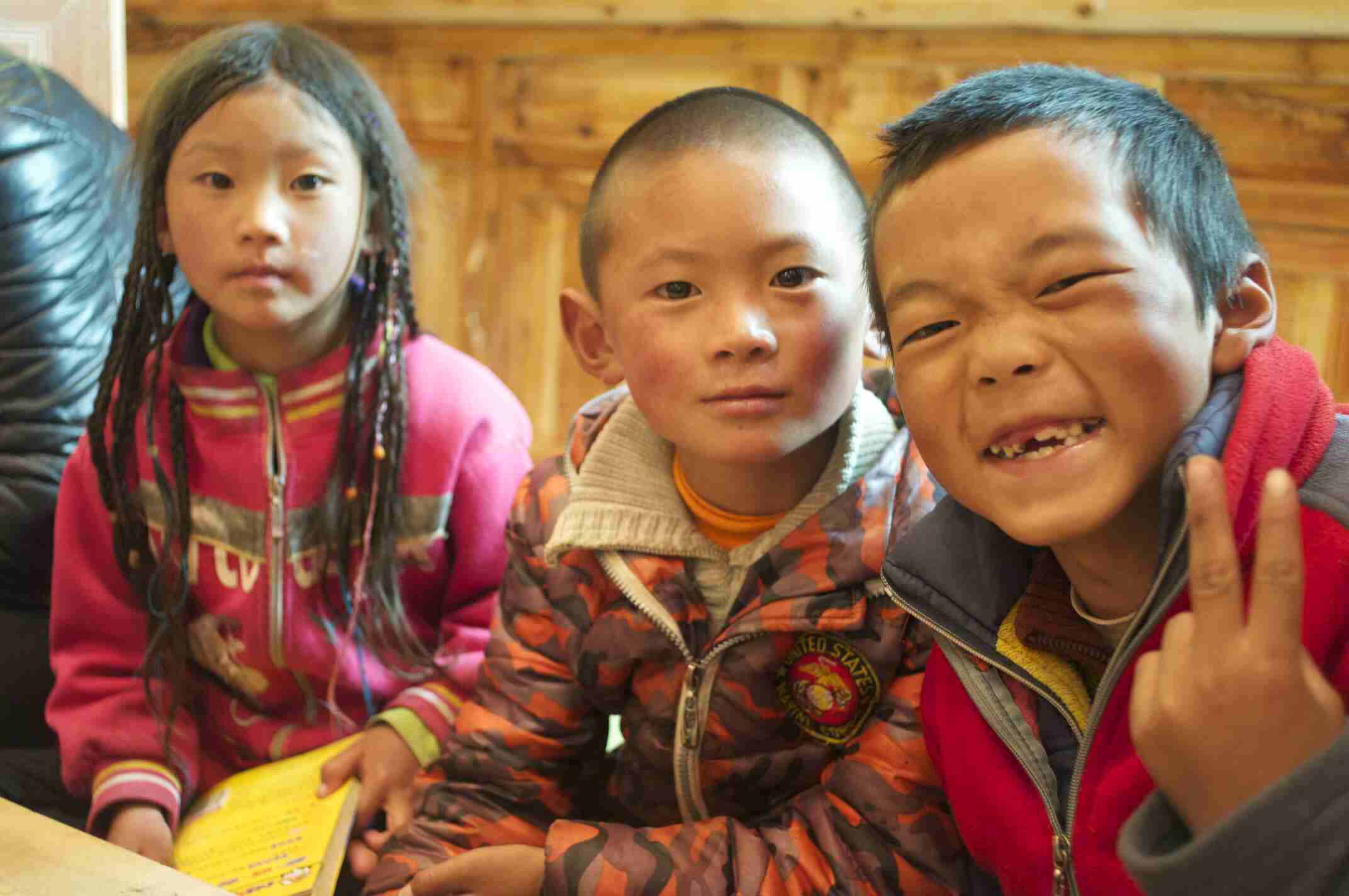
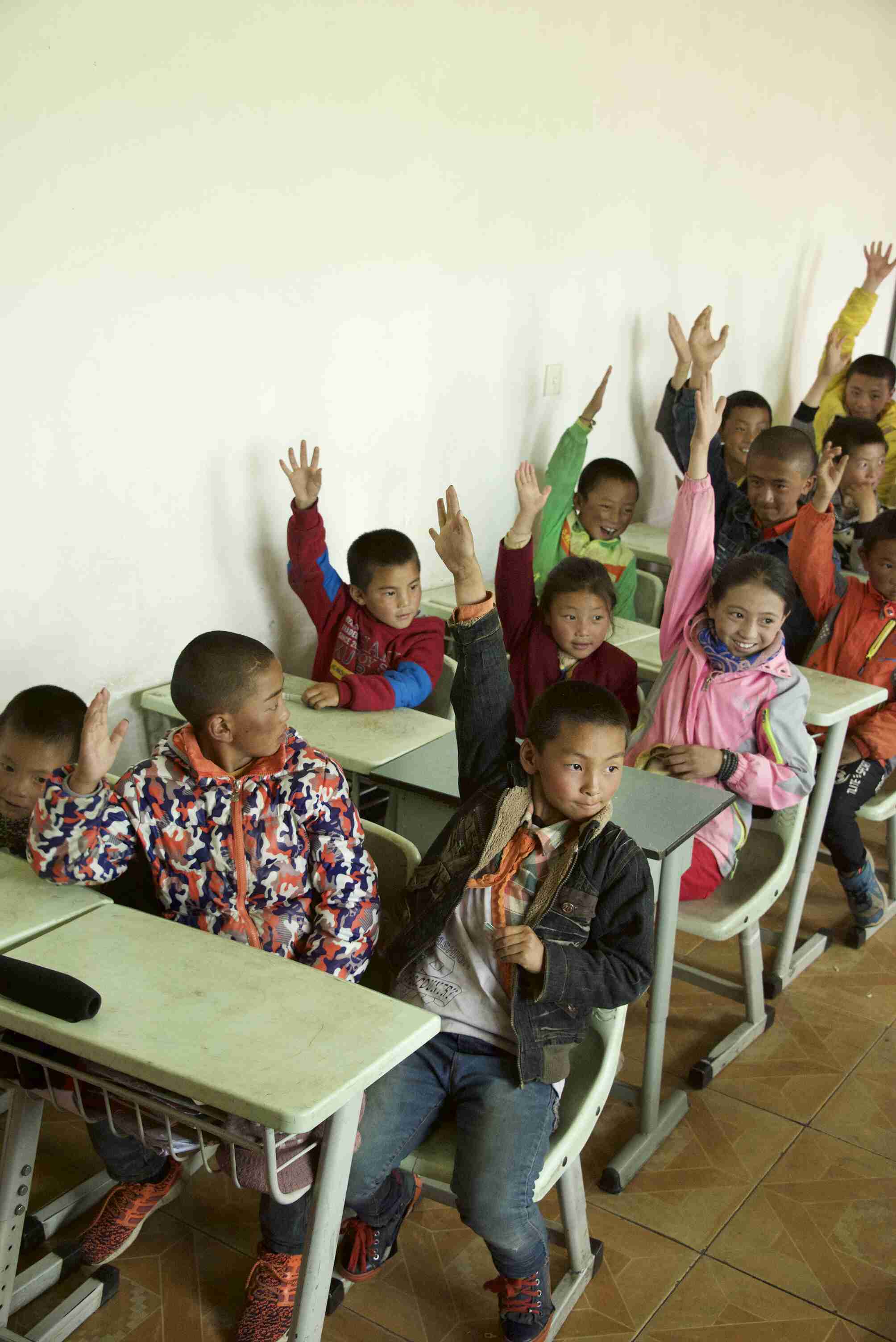 These meetings were also an opportunity to highlight many positive things: every time students of the school-orphanage pass an entrance exam for institutes of secondary education in the region, they come out with exceptionally high marks and take first place. Most importantly, in spite of everyday worries, the children are all smiles and enthusiasm when questioned about ‘their’ school.
These meetings were also an opportunity to highlight many positive things: every time students of the school-orphanage pass an entrance exam for institutes of secondary education in the region, they come out with exceptionally high marks and take first place. Most importantly, in spite of everyday worries, the children are all smiles and enthusiasm when questioned about ‘their’ school.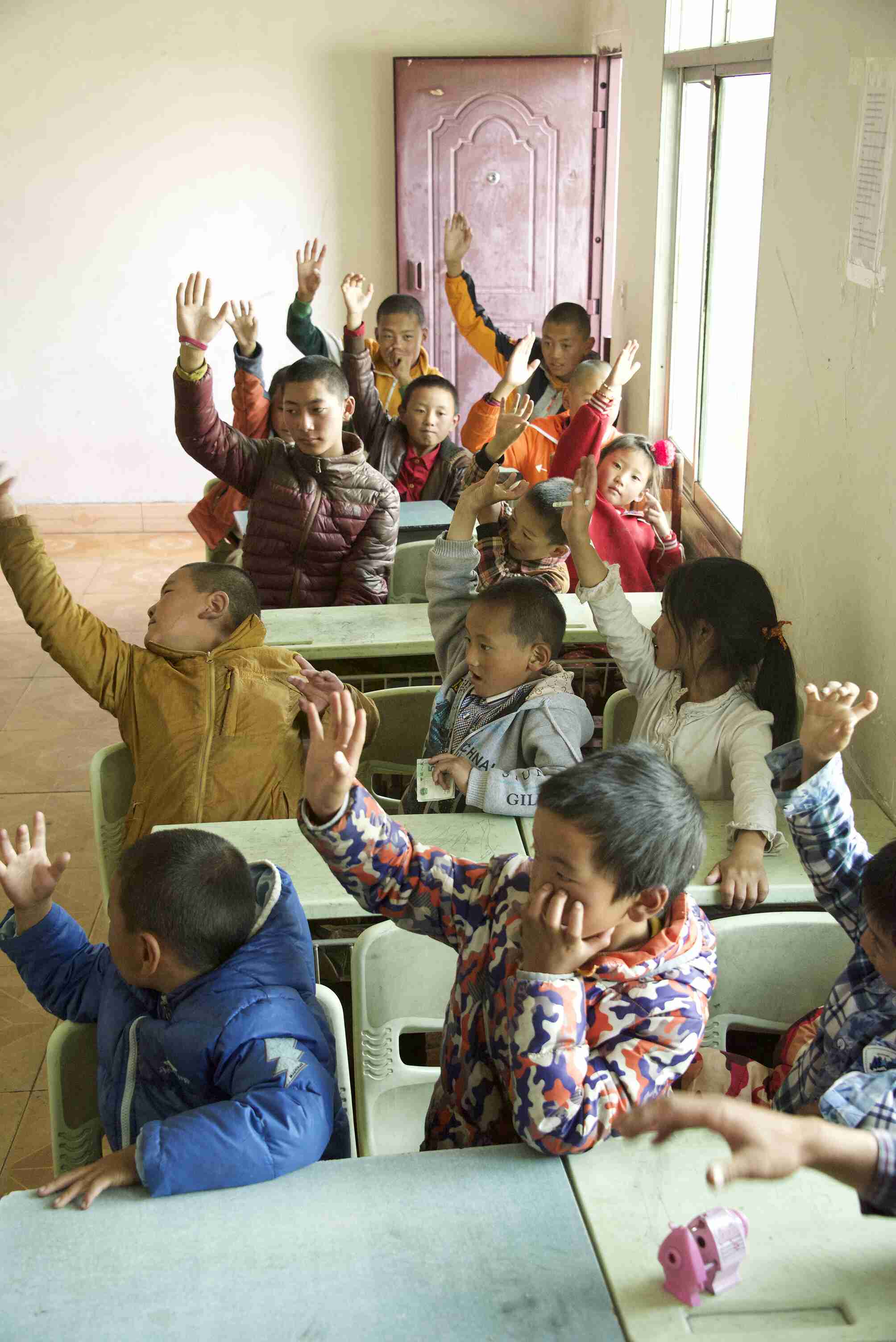 School days start early with reciting and reading from 6 to 7, and teaching continues into the evening, interrupted only for meals and short breaks. The two groups are taught writing, grammar, poetry, and calligraphy, as well as buddhist texts promoting the values of compassion and helpfulness. Lekshe points out that his students have an energy all of their own: “Because they all come from families in great difficulty, these children show more courage and greater motivation to study than you see in other schools.”
School days start early with reciting and reading from 6 to 7, and teaching continues into the evening, interrupted only for meals and short breaks. The two groups are taught writing, grammar, poetry, and calligraphy, as well as buddhist texts promoting the values of compassion and helpfulness. Lekshe points out that his students have an energy all of their own: “Because they all come from families in great difficulty, these children show more courage and greater motivation to study than you see in other schools.”